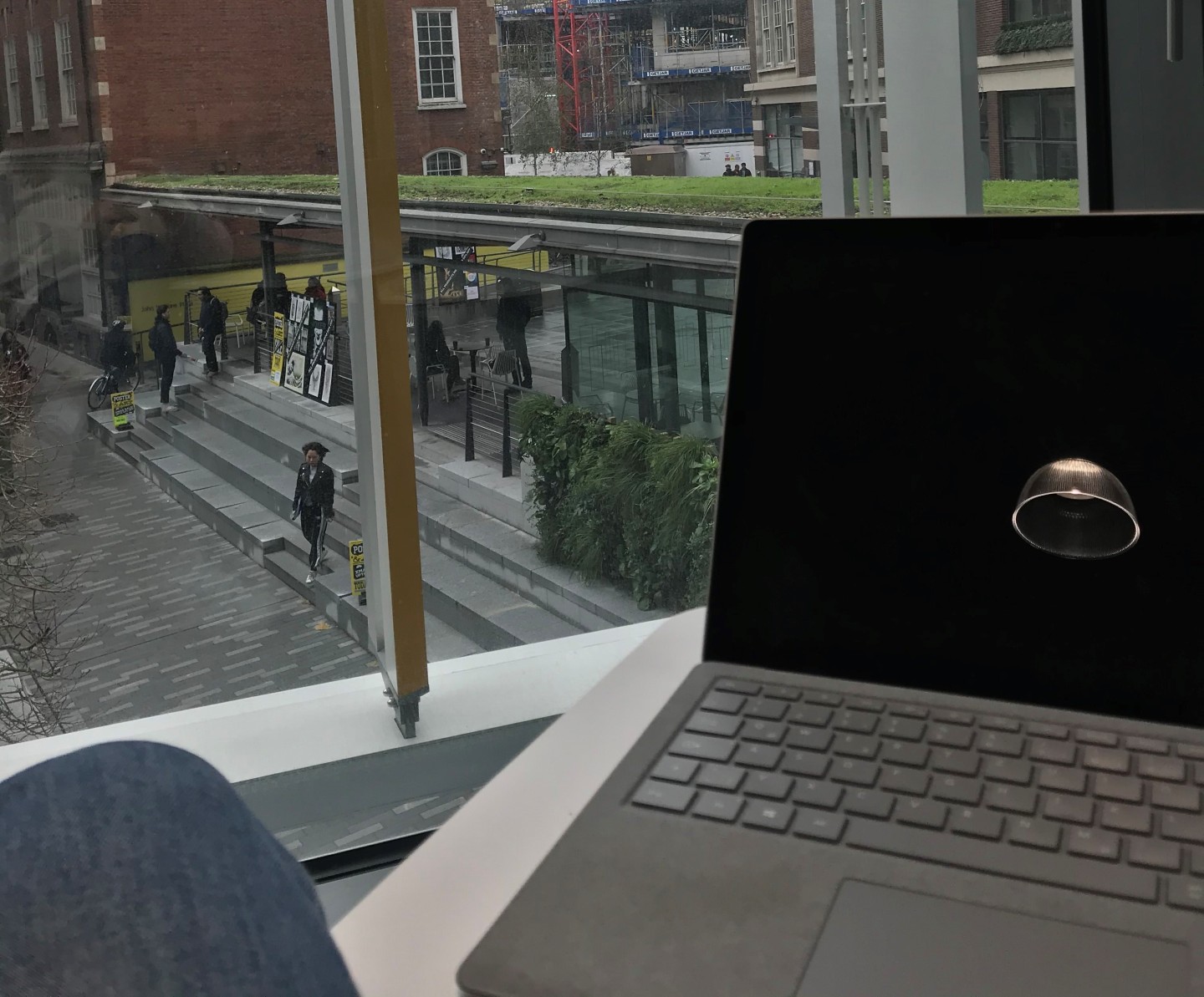It can be tough, getting through all of your readings, especially in your first year. As time goes on, you feel as if you are falling behind, all of the information goes in one ear and out of the other, and then before you know it, exam season is fast approaching and you need to go over all of the readings you missed out on during Michaelmas Term. We all feel this way sometimes, it is completely normal. This guide will give you some tips to get through your readings more quickly and efficiently.
1. Read the abstract, introduction and conclusion
Many students try to go through all of the readings at once hoping to soak up the information. This can be inefficient for very long and complex articles or books. The abstract, introduction and conclusion are arguably the most important parts of the paper, as they will help you to understand the argument that the writer is aiming to prove. After you have read these three sections, take a break from the paper to reflect on the ideas. Once you come back, you will be able to approach the paper with a critical mindset.
2. Find a reading buddy
One of the best ways to manage your workload, is to find someone on your course to share the workload with. A reading buddy can help you to understand your material better, because you can have discussions about interesting parts of the readings. Equally you will have someone to speak to if you do not understand a specific part of the article.
3. Ctrl+f
I wish this was something I knew about when I started university. It was a lifesaver and a timesaver. This requires using the Ctrl+f, to find keywords and terms. This is useful for quickly finding definitions and taking notes. It is also very useful for finding authors and writers that may be useful for referencing.
4. Google the author
Googling the author will provide you with the author’s academic profile, Wikipedia page and other content, which will give you information about them. This will help you to identify the author’s position within their academic field. This may also provide you with other content from the author such as articles, blogs and lectures which will help you to understand the context of the author’s ideas.
5. Read reviews of the article
Many articles have been cited and reviewed by other writers. Reviews are useful because they give an overview and summary of the author’s arguments and ideas. This is useful for understanding the writer’s thoughts. It will also give you some counter arguments and criticisms of the piece. It is useful to read the review and go back to the original article to see if you understand it better, and if you have alternative views. Reviews can usually be found by searching the article on LSE online library and then adding ‘review’ in the search bar.






Such great tips! Thank you